Freshwater aquariums offer a captivating view of the underwater world, featuring diverse fish and plants. Ensuring that freshwater fish thrive requires a comprehensive understanding of their dietary needs. One of the most beneficial additions to their diet is copepods. These tiny crustaceans provide a wealth of nutrients essential for the growth and health of freshwater fish. This article explores the benefits of using copepods for freshwater fish, their nutritional advantages, and practical tips for incorporating them into your aquarium feeding regimen.
Understanding Copepods
Copepods are tiny crustaceans found in nearly every aquatic environment, including freshwater habitats. They play a crucial role in the aquatic food web, acting as a primary food source for various fish and invertebrates. In freshwater aquariums, copepods maintain a balanced ecosystem by offering a natural and nutritious food source.
Types of Copepods for Freshwater Fish
Several types of copepods are particularly beneficial for freshwater fish:
- Calanoid Copepods: Typically found in the water column, these copepods are ideal for fish that feed in open water.
- Cyclopoid Copepods: These versatile copepods can be found both in the water column and near the substrate, making them suitable for a wide range of fish species.
- Harpacticoid Copepods: Primarily benthic, these copepods are excellent for bottom-dwelling fish and invertebrates.
Nutritional Benefits of Copepods for Freshwater Fish
Incorporating copepods into the diet of freshwater fish offers numerous nutritional benefits that enhance their overall health and growth.
Rich in Essential Fatty Acids
One of the significant benefits of using copepods for freshwater fish is their high content of essential fatty acids, like omega-3 and omega-6. Fatty acids are crucial for maintaining healthy cell membranes, supporting immune function, and promoting overall vitality in fish. Regular consumption of copepods can improve resistance to diseases and infections.
High Protein Content
Copepods are an excellent source of high-quality proteins vital for tissue growth and repair. This is especially important for juvenile fish and species in their growth phase. The proteins in copepods help in muscle development, leading to more robust and active fish.
Abundance of Vitamins and Minerals
In addition to fatty acids and proteins, copepods are rich in vitamins and minerals vital for the well-being of freshwater fish. Vitamins A, D, and E are crucial in vision, bone health, and overall metabolic functions. Minerals such as calcium and phosphorus are vital for skeletal development and maintenance.
Natural Pigments for Enhanced Coloration
Copepods contain natural pigments, such as carotenoids, which enhance the vibrant colors of freshwater fish. These pigments not only improve the aesthetic appeal of the fish but also act as antioxidants, protecting cells from damage.
Practical Tips for Incorporating Copepods into Your Freshwater Fish Diet
Integrating copepods into the diet of freshwater fish requires careful planning to ensure that the fish receive the maximum nutritional benefits. These are some practical tips for effectively incorporating copepods into your aquarium feeding regimen:
- Choose the Right Type of Copepods: Select the type of copepods that best suit the dietary needs of your freshwater fish. Calanoid copepods are ideal for pelagic feeders, while harpacticoid copepods are suitable for benthic species. Cyclopoid copepods offer a versatile option that can cater to various feeding habits.
- Establish a Regular Feeding Schedule: Set up a regular feeding schedule to ensure a consistent supply of copepods. Depending on the size and species of your freshwater fish, you may need to feed them copepods daily or several times a week. Regular feeding helps maintain the nutritional balance and supports the health and growth of the fish.
- Use Live and Frozen Copepods: Both live and frozen copepods are available to feed freshwater fish. Live copepods are often preferred because they stimulate natural hunting behaviors and provide a fresher nutrient source. However, frozen copepods are a convenient alternative that can still offer substantial nutritional benefits.
- Supplement with Other Foods: While copepods are highly nutritious, providing a varied diet to meet freshwater fish's dietary needs is essential. Supplement copepod feedings with other high-quality foods such as brine shrimp, bloodworms, and specially formulated freshwater fish pellets. This variety ensures that fish receive a balanced diet.
- Monitor Fish Health and Behavior: Regularly observe your freshwater fish's health and behavior to ensure they benefit from their diet. Look for signs of improved coloration, increased activity, and overall vitality. If any health issues arise, adjust the feeding regimen or consult with an aquarist or veterinarian.
The Impact of Copepods on Freshwater Fish Health
The inclusion of copepods for freshwater fish in their diet has a profound impact on their health and well-being. Here are some specific benefits observed:
Enhanced Immune Function
Fish that consume copepods regularly have more robust immune systems, making them more resilient to common diseases and infections. The essential fatty acids and vitamins in copepods play a significant role in supporting immune health.
Better Growth Rates
The high protein content of copepods promotes better growth rates in juvenile and growing fish. This results in more robust and healthy fish that reach their full potential more quickly.
Improved Reproductive Health
For breeding programs, the use of copepods can enhance reproductive success. The nutritional richness of copepods supports the development of healthy eggs and larvae, increasing the survival rates of offspring.
Increased Activity and Natural Behavior
Feeding live copepods stimulates natural hunting and foraging behaviors in fish. This provides mental and physical stimulation and reduces stress and aggression, leading to a more harmonious aquarium environment.
Conclusion
The benefits of using copepods for freshwater fish are extensive and can significantly enhance the quality of their diet. By providing essential nutrients such as fatty acids, proteins, vitamins, and natural pigments, copepods support freshwater fish's health, growth, and vitality. Incorporating copepods into your feeding regimen can lead to healthier, more vibrant fish and a more dynamic and successful aquarium. Whether you are a novice aquarist or an experienced hobbyist, adding copepods to your freshwater fish diet is a step towards creating a thriving and balanced aquatic ecosystem.
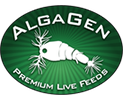
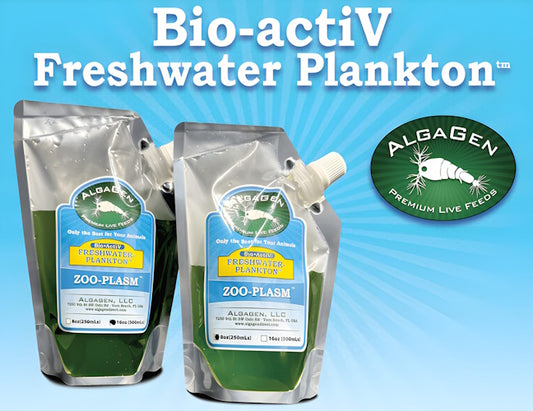
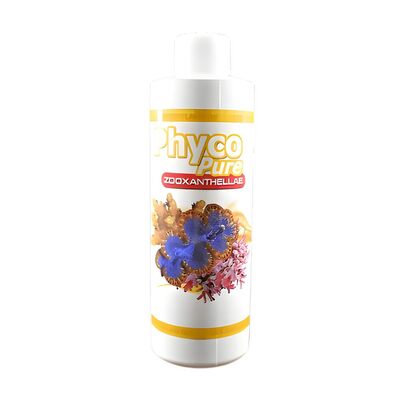
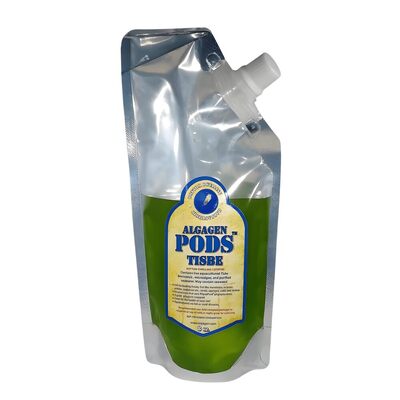
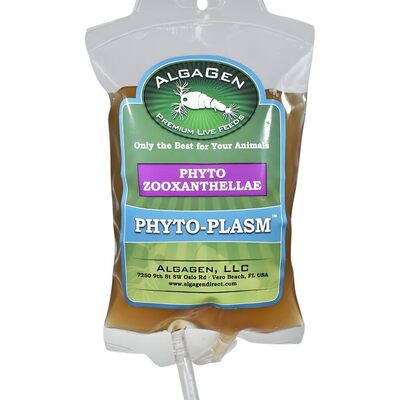
Recent post